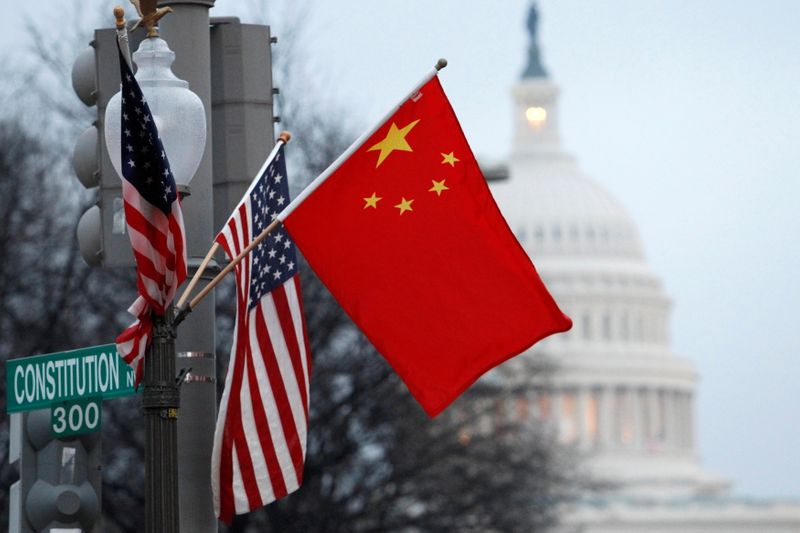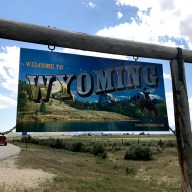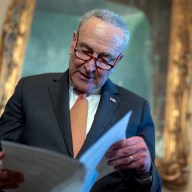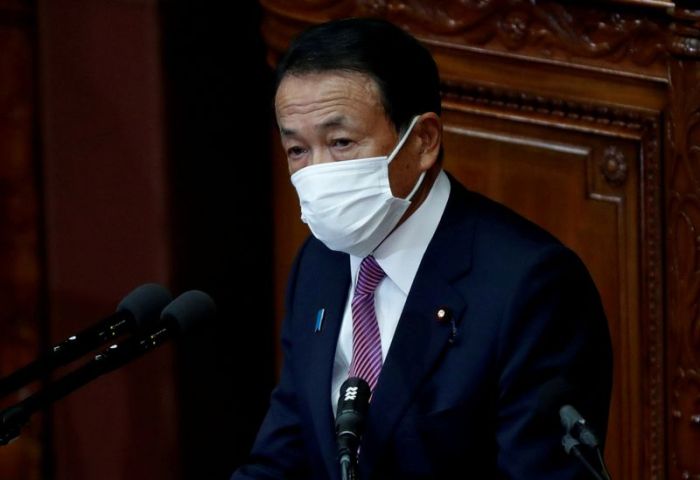WASHINGTON (Reuters) -White House Indo-Pacific coordinator Kurt Campbell said on Tuesday that it was possible for China and United States to coexist in peace but the challenge was enormous and Beijing had become increasingly assertive.
Campbell told the Asia Society think tank President Joe Biden will host a summit later this year with the leaders of Australia, India and Japan – the so-called “Quad” group Washington sees as a means of standing up to China.
Asked when he expected a first meeting between Biden and Chinese leader Xi Jinping and whether this could come at the G20 summit in October, he replied: “My expectation will be that we’ll have some sort of engagement before too long.”
Campbell said the challenge for the United States would be to come up with a strategy that presented China with opportunities, but also a response if it takes steps “antithetical to the maintenance of peace and stability”.
There were likely to be “periods of uncertainty, perhaps even periods of occasional raised tensions,” he said.
“Do I think it’s possible that the United States and China can coexist and live in peace? Yes I do. But I do think the challenge is enormously difficult for this generation and the next,” he said.
Campbell said Beijing had been increasingly assertive in recent times, taking on many countries simultaneously, a strategy that contrasted with how it operated in the 1990s.
He criticized China’s approach to U.S. ally Australia.
“I’m not sure they have the strategic thinking to go back to a different kind of diplomacy towards Australia right now. I see a harshness in their approach that appears unyielding.”
China moved to restrict imports of several Australian products after Canberra called last year for an independent investigation into the origins of the coronavirus.
On Taiwan, the self-ruled U.S.-backed island China sees as part of its territory and wants to reclaim, Campbell maintained a cautious approach.
He said Washington supports a strong unofficial relationship with the island and believes it should have an international role and not be shunned by the international community, but stressed that it does not support Taiwan’s independence.
“We fully recognize, understand the sensitivities involved here,” he said, adding that maintaining peace and stability over Taiwan was a “dangerous” balance.
However, Campbell said China should realize from the U.S. and international response to its crackdown on democracy on Hong Kong that such action towards Taiwan would be “catastrophic”.
He said Washington hoped for some recognition from China that the Indo-Pacific is big enough for two great powers, but added: “some of what we’ve seen from President Xi and his colleagues suggests that China’s ambitions surpass that.”
Washington also hoped for some sort of alignment with China on issues like climate change, although that possibility over the COVID-19 pandemic had already been “quite a disappointment,” Campbell said.
Asked about plans for trade engagement after the Trump administration withdrew from a multi-national Pacific trade pact, Campbell said the Biden administration’s focus this year had been on domestic recovery, vaccines, and engaging with allies.
But he said it recognized he need for a “positive trade agenda” with the Indo-Pacific as a whole going beyond whatever trade engagement U.S. Trade Representative Katherine Tai undertakes with China.
Campbell said this would probably involve “starting smaller, starting something that we can clearly demonstrate affects and supports small- and medium-sized firms in the United States, working people,” but did not elaborate.
(Reporting by David Brunnstrom and Humeyra Pamuk; Editing by Angus MacSwan and Philippa Fletcher)



















